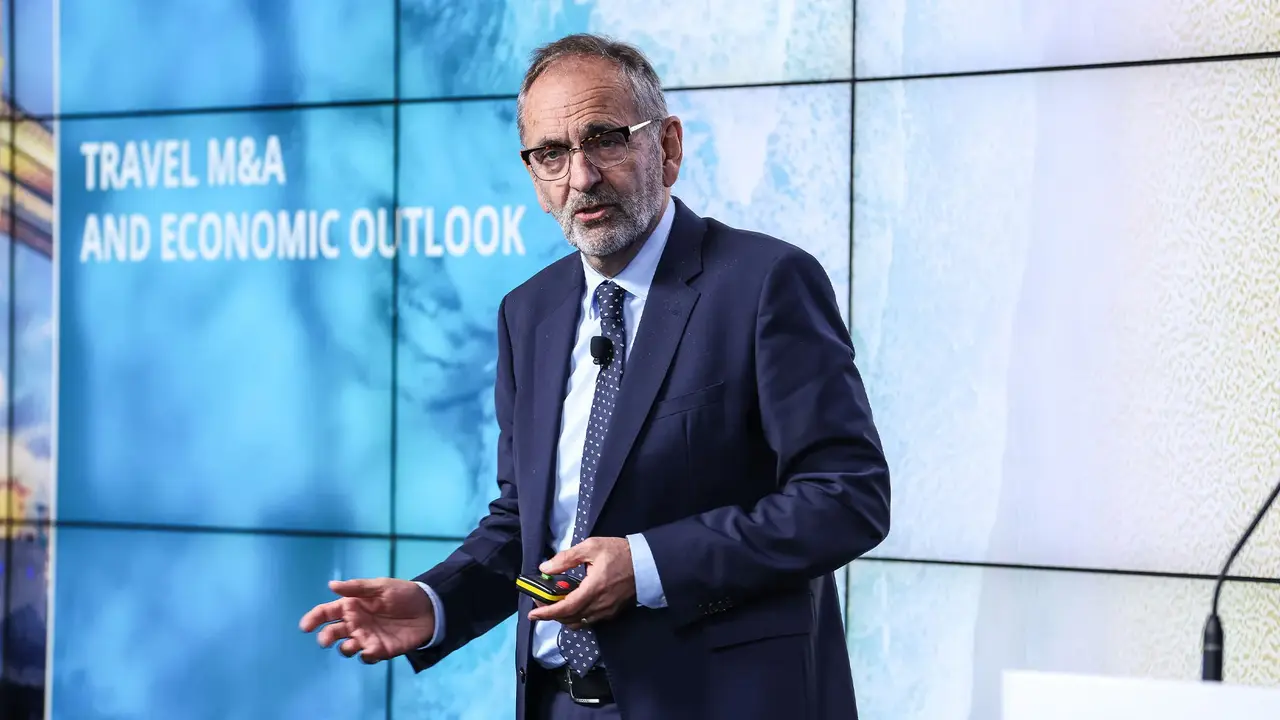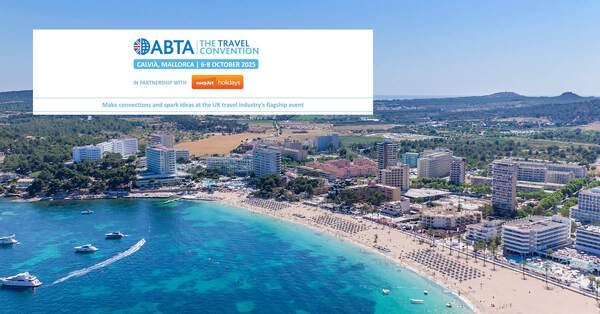Expect slowdown in private equity M&A activity, travel industry told

Leading travel industry accountant Chris Photi has forecast a continuing slowdown of merger and acquisition (M&A) activity involving private equity firms, noting the current level of economic and geopolitical uncertainty.
Photi, head of travel and leisure at White Hart Associates, said general M&A momentum had been strong this year, but private equity deals had been infrequent.
“There has certainly been a slowdown in private equity transactions,” he said, going on to predict the trend would continue.
“Private equity companies hate uncertainty, and in 2025 there has been uncertainty all around us – principally because of the two governments on either side of the pond.”
Challenging factors have included “a lot more last-minute bookings”, as well as inflation, the rising tax burden and currency volatility.
He also noted price-sensitivity of consumers was driving demand for value options.
A lot of due diligence is increasingly required before major deals are finalised, he said, including an analysis of forward bookings.
Citing recent “volatile booking patterns”, he added: “If forward bookings are not strong, that causes hesitancy on the part of private equity firms.”
Greater M&A activity involving private equity firms would eventually take place, Photi said, but outlining a timeline would be difficult.
He said: “They [private equity firms] are not going to hold onto assets forever. Somewhere along the line, there is going to be plenty of M&A activity when they bring those to the market – it’s just a question of when.
“You’re not going to bring them to market now with the uncertainty that’s prevailing because the corresponding private equity that is most likely to buy your business is not going to pay top dollar and might not transact because of the uncertainty.”
Travel Trade Consultancy director Martin Alcock agreed smaller transactions had been frequent this year, but larger deals less common.
He said: “The larger private equity-backed businesses have definitely been a challenge, but there are still a lot of smaller SMEs who have a niche defensive business that is attractive if you’re in that sort of market.
“If you’re somewhere around £1m - £5m of Ebitda [earnings before interest, taxes, depreciation and amortisation], there are people who still want those.
“That’s very different to the £20m - £50m of Ebitda [businesses], which have been a bit more of a challenge.”
Industry lawyer Joanna Kolatsis, director at Themis Advisory, said she had also seen “smaller deals”, but not so many transactions involving larger companies because there is “more risk”.
Photi, Alcock and Kolatsis spoke at the Future of Travel conference organised by Travel Weekly.
You have viewed both of your 2 free articles this month as an unregistered user
To continue reading, please register with Travel Weekly free of charge, or if you have already registered click here to login

















